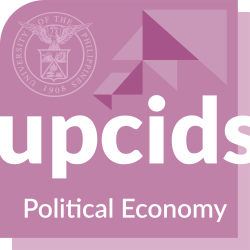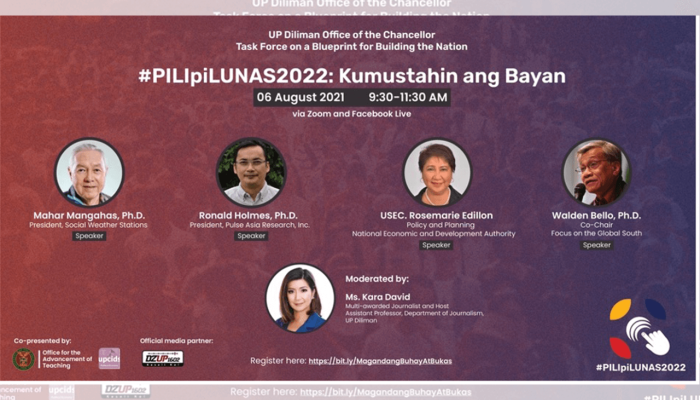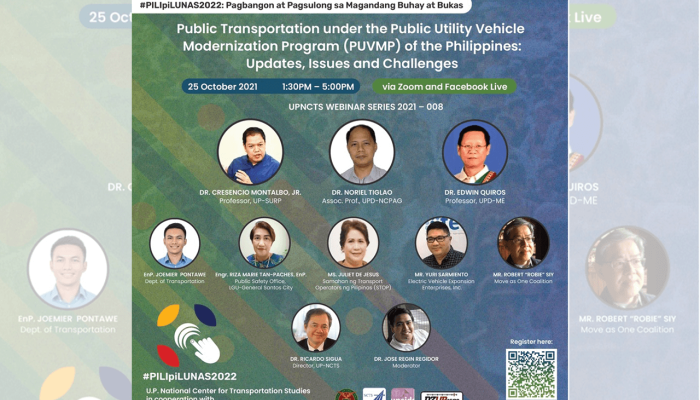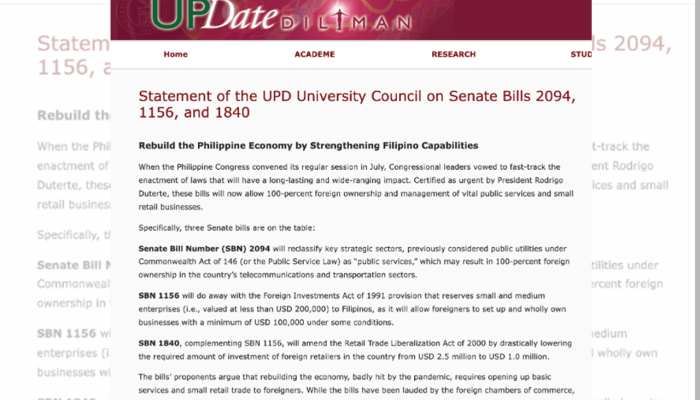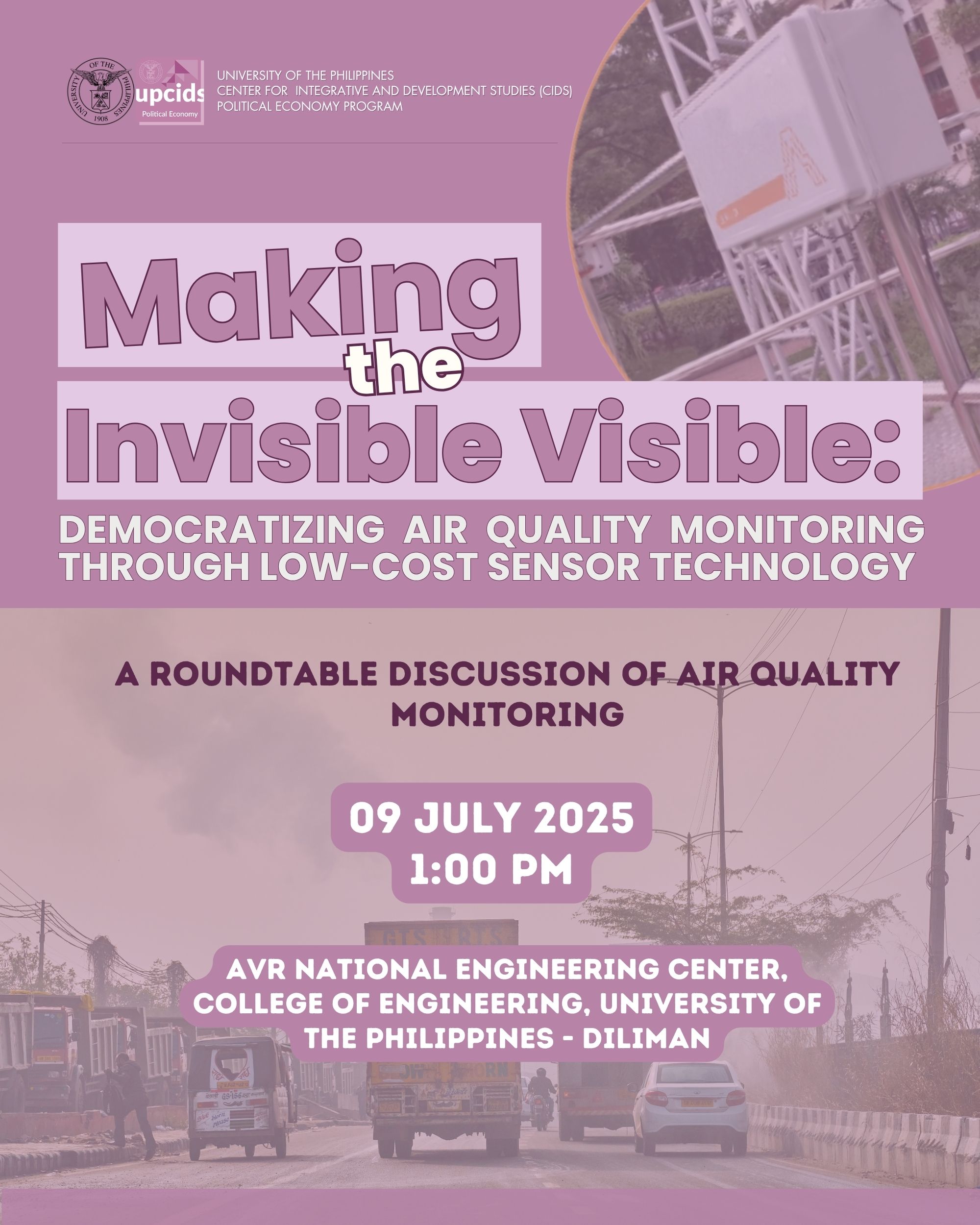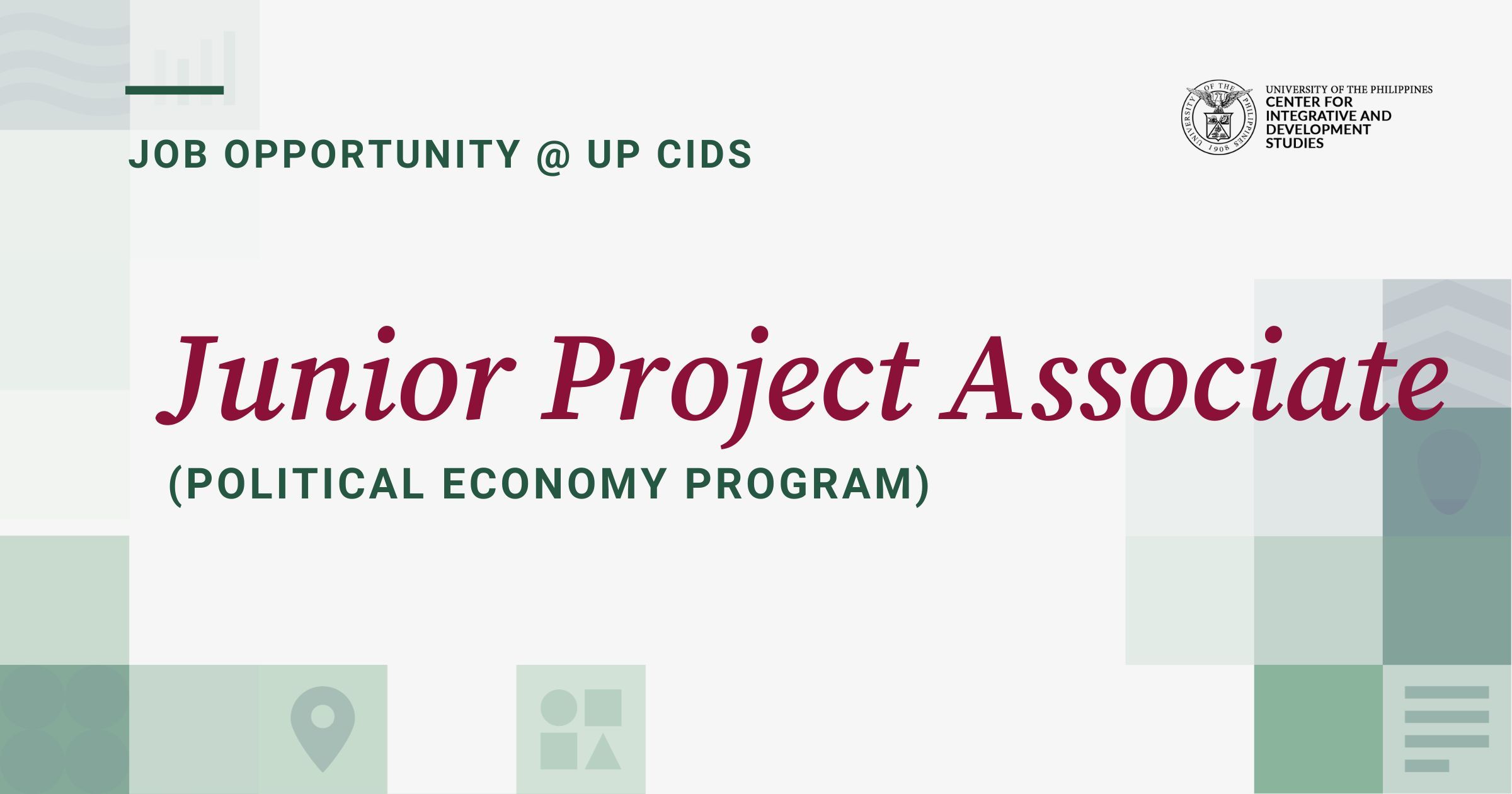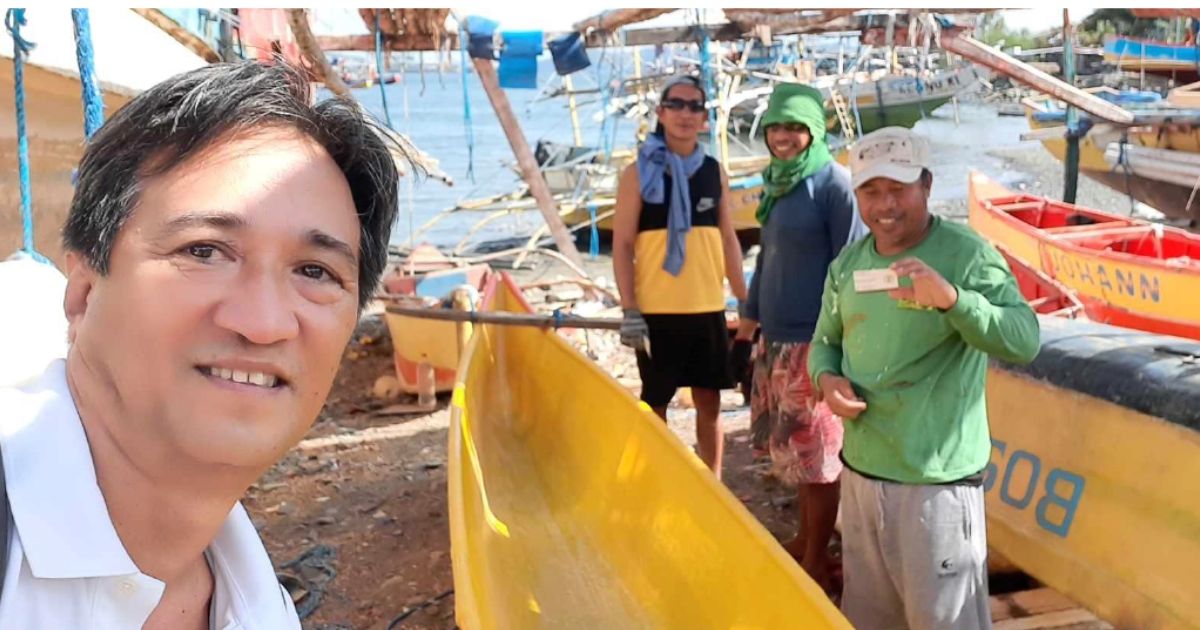Rationale
Over the past decade, the Philippines has risen to become one of the world’s fastest growing economies, with growth rates averaging about six percent annually. Such growth, largely linked to the booming global services economy, has greatly expanded the domestic consumer market that, in turn, has propelled the domestic service sector forward.
This growth pattern has generated new wealth for commercial interests and higher incomes for the middle class but has only marginally delivered on the development needs of the poor majority. Thus, to unlock the full development potential of the current conjuncture, there is a need to ensure structural transformation and equitable development.
The Political Economy Program (PEP) seeks to contribute to building the momentum for development policies and programs that promote domestic production, higher productivity, and the just distribution of development resources. It however also recognizes that such initiatives often fall by the wayside due to factors such as lack of resources and public awareness, policy gaps, vested interests, partisan politics, and the dominance of the free market orthodoxy in policy circles.
Partly to address these challenges, PEP strives to identify or create spaces for critical engagement and cooperation of the academic and research community, government, and industry and producer groups.
Objectives
PEP aims to contribute to building the momentum for policy or institutional reforms, and has the following objectives:
-
- To advance innovation-driven and equitable development through the conduct of problem-solving research on development policies and practice;
- To promote collaboration among the academe, government, industry, and other stakeholders in pursuit of inclusive technology and sustainable industrial policy; and
- To popularize the political economy framework in the national conversation on policy options
